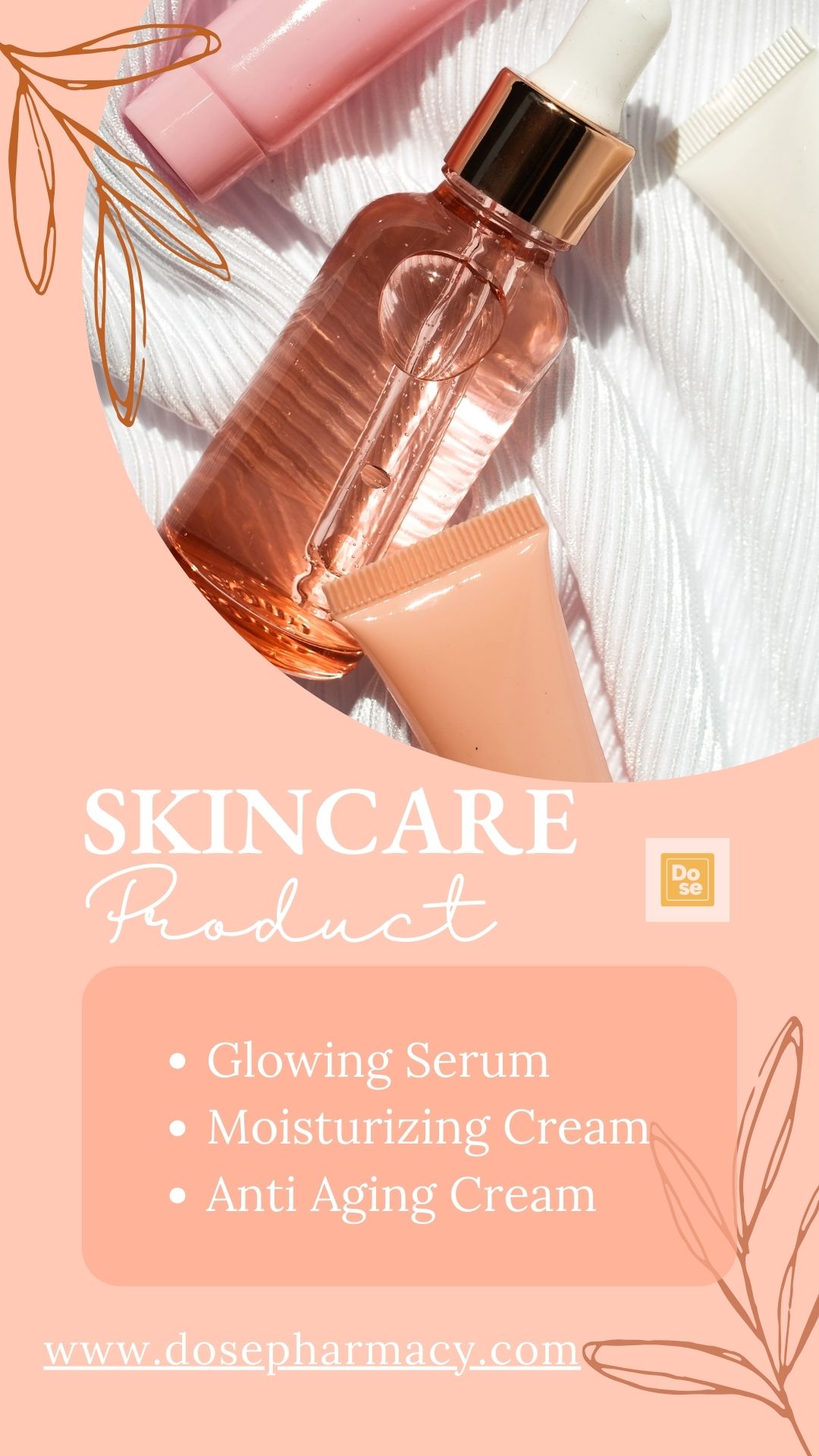Acne is a common and often persistent skin condition that can affect people of all ages. For those struggling with severe, cystic, or recalcitrant acne, traditional treatments like topical creams and antibiotics may fall short. Enter isotretinoin, a powerful oral medication that has been hailed as a game-changer in the treatment of severe acne. Known for its effectiveness, Isotretinoin 40 mg can provide long-lasting relief, but it also comes with its own set of risks and side effects. This article will explore the benefits, dosage, and potential side effects of isotretinoin, offering a comprehensive guide to help you understand this potent medication.
What Is Isotretinoin?
Isotretinoin, also known by brand names like Accutane, is a retinoid derived from vitamin A. Originally developed in the 1980s, isotretinoin was initially used to treat various skin conditions. However, its remarkable success in treating severe acne made it a popular choice for patients who hadn’t responded to other treatments. Isotretinoin works by targeting the root causes of acne, such as excess oil production, clogged pores, and inflammation. Unlike other therapies, isotretinoin offers the potential for long-term remission, with many patients experiencing clear skin even after discontinuing the medication.
Benefits of Isotretinoin for Acne
Isotretinoin provides several unique benefits, especially for those with severe acne that hasn’t responded to other treatments:
- Reduces Sebum Production: One of the main causes of acne is the overproduction of sebum (oil) by the skin’s sebaceous glands. Isotretinoin shrinks these glands, significantly reducing oil production and making the skin less prone to breakouts.
- Prevents Pore Clogging: By reducing oil and promoting skin turnover, isotretinoin prevents the buildup of dead skin cells and oil in the pores, which is a primary cause of acne.
- Reduces Inflammation: Isotretinoin has anti-inflammatory effects, which help reduce the redness, swelling, and pain associated with severe acne.
- Kills Acne-Causing Bacteria: The medication creates an environment that is less hospitable to Propionibacterium acnes bacteria, which thrive in oily skin.
- Long-Term Acne Control: Unlike many acne treatments that need to be continued indefinitely, isotretinoin can provide lasting results. Many patients find that their acne remains under control even after completing a course of the drug.
- Improves Acne Scarring: Although it doesn’t directly treat scars, isotretinoin’s impact on severe acne can reduce the formation of new scars by preventing deep, cystic lesions from developing.
Isotretinoin’s benefits make it particularly suited for individuals dealing with severe, cystic acne that has not responded to other treatments, as well as those whose acne has had a significant impact on their quality of life.
Dosage and Administration
Isotretinoin is usually prescribed in capsule form and is taken with a meal, as fat aids in its absorption. The exact dosage and duration of treatment vary depending on individual factors such as weight, the severity of acne, and tolerance to the medication.
- Dosage Guidelines: Dosages are typically calculated based on body weight, with initial doses usually between 0.5 and 1 mg per kilogram of body weight per day. The course is then adjusted as needed. In some cases, a higher dose may be used for shorter durations, while lower doses may be prescribed for longer courses to minimize side effects.
- Duration of Treatment: A typical course of isotretinoin lasts between 4 to 6 months, though some patients may require additional treatment depending on their response. It’s common for acne to worsen initially before improvement begins, usually within the first two months.
- Cumulative Dose: Dermatologists often aim for a cumulative dose of 120-150 mg per kilogram over the course of treatment to ensure long-lasting results and reduce the likelihood of relapse.
- Adherence to Dosage: It’s crucial to follow your doctor’s recommended dosage and not to skip doses, as this can affect the efficacy of the treatment. Since the drug is potent, adjusting the dosage or duration without medical guidance can increase risks.
Taking isotretinoin under the supervision of a dermatologist is vital. The medication’s effects on the body are significant, and monitoring can help manage side effects and adjust doses if necessary.
Side Effects of Isotretinoin
While isotretinoin is highly effective, it does come with a risk of side effects. Being aware of these and working closely with a healthcare provider can help manage them effectively.
Common Side Effects
- Dryness: Dry skin, lips, and eyes are some of the most common side effects. Many users experience cracked lips, peeling skin, and sensitivity in the eyes. Hydration and moisturizing are key to managing these issues.
- Skin Sensitivity: Skin may become more sensitive to sunlight, leading to a higher risk of sunburn. It’s recommended to use sunscreen and avoid prolonged sun exposure.
- Joint and Muscle Pain: Some patients report mild joint and muscle pain, especially those on higher doses.
- Nosebleeds: Due to dryness in the nasal passages, nosebleeds can occur in some cases. Saline sprays or humidifiers can alleviate this issue.
- Temporary Worsening of Acne: Known as the “purging phase,” acne may initially worsen before it starts to clear up. This phase is temporary but can be discouraging for patients.
Serious Side Effects
- Mood Changes and Depression: There have been reports of mood changes, depression, and even suicidal thoughts among isotretinoin users. While the direct link remains debated, it’s important for patients and their families to monitor mood changes and seek help if necessary.
- Liver and Blood Issues: Isotretinoin can affect liver function and lipid levels, so regular blood tests are usually required during treatment to monitor these levels.
- Vision Problems: Some users experience night vision difficulties, sensitivity to light, or blurred vision. Regular eye exams may be advisable during treatment.
- Pregnancy Risks: Buy Isotretinoin Online is known to cause severe birth defects. Women of childbearing age are required to use two forms of contraception and undergo monthly pregnancy tests while on isotretinoin.
- Pancreatitis: Rarely, isotretinoin can lead to pancreatitis due to high triglyceride levels. Regular blood monitoring helps reduce this risk.
- Severe Skin Reactions: While rare, some individuals may experience serious skin reactions, including rashes and blisters. Immediate medical attention is necessary if this occurs.
Managing Side Effects
- Moisturize Regularly: Since dryness is the most common side effect, using a gentle, fragrance-free moisturizer and hydrating lip balm can provide relief.
- Use Sunscreen: Since isotretinoin increases sun sensitivity, it’s essential to use a high-SPF, broad-spectrum sunscreen daily.
- Regular Blood Tests: These help monitor liver function and triglyceride levels, allowing doctors to make adjustments if needed.
- Mental Health Monitoring: Patients should maintain open communication with their healthcare provider regarding any mood changes, as timely intervention can help manage mental health side effects.
- Stay Hydrated: Drinking plenty of water and avoiding alcohol can help support the liver and keep skin from drying out excessively.
Isotretinoin: A Balanced Decision
Isotretinoin offers a powerful solution for those who have struggled with persistent, severe acne. However, it’s essential to weigh the benefits against the potential side effects. Working closely with a dermatologist ensures proper monitoring and helps address any complications early. Most patients find that the temporary inconveniences of isotretinoin treatment are worth it for the long-term benefits of clear, healthy skin.
Final Thoughts
Isotretinoin is one of the most effective treatments available for severe acne, but it requires commitment and responsible use. Its potential to provide lasting acne relief makes it a valuable option for individuals who have not seen results with other treatments. If you are considering isotretinoin, consult a dermatologist to understand its potential benefits and risks for your unique situation. With the right support and precautions, isotretinoin can help achieve clearer skin and boost confidence for those dealing with stubborn acne.




